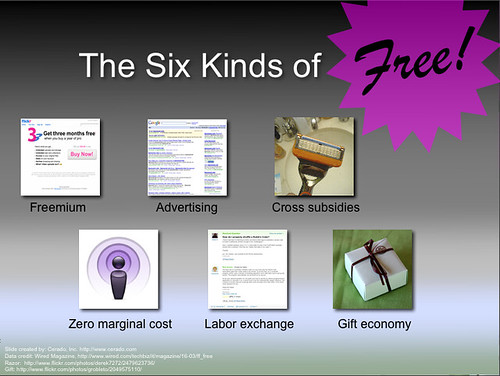Oct. 10, 2012
Step 1: Spend 30 minutes unpacking boxes, peeling plastic, and connecting cables.
Step 2: In breathless anticipation, press the power button.
Step 3: Spend another 30 minutes hunting for the Windows Product Key so you can access the computer you just bought. Find it, finally, on an indelible sticker on the far side of the computer's case.
Step 4: Enlist an assistant to type the Windows Product Key while you hang upside down under the desk using a flashlight to read it out.
Step 5: Insert CD to install hardware drivers, because Windows does not know how to use the network card in your PC. Try to convince Windows that you know what you are doing and yes, you really want to run that program from the CD.
Step 5b (optional): Wonder at how Windows has not only failed to improve, but has actually gotten worse in the 10 years since you last bought a PC.
Step 6: Using a clunky-looking "wizard" from the CD, attempt to connect to wireless network. Be unable to find your wireless access point in the list because you live in a crowded apartment building, and the list is sorted randomly rather than by signal strength or even alphabetically. Notice that the list has multiple pages, and advance to page two. There it is.
Step 7: Enter password for wireless access point. Curse in frustration when it fails to connect. Blush with embarrassment when you realize CAPSLOCK is on. Turn CAPSLOCK off and try again.
Step 7b (optional): Curse the inventor of the CAPSLOCK key.
Step 8: Start Internet Explorer. Type "google.com/chrome" into the location bar to download a real browser. Try to convince Windows that you know what you are doing and yes, you really want to run that program.
Step 9: Sign into Google Chrome. All extensions and bookmarks are automatically synced. Awesome.
Step 10: Using Google Chrome, visit www.ubuntu.com and download the Windows Installer to install a real operating system. Try to convince Windows that you know what you are doing and yes, you really want to run that program.
Step 11: Let the installer reboot into Linux. Be amazed at how all the hardware is recognized immediately, including the wireless card. Feel like Ubuntu just gave you a warm hug when the wireless network manager pops up on the screen and offers to connect you to your very own wireless access point if you will be so kind as to enter the password. Check to ensure CAPSLOCK is off. Enter password.
Step 12: Click "Install Updates" when the update manager offers to do so. Wait.
Step 12a (optional): Write a blog post about your experience while waiting for updates to download. Feel sorry for people who have not yet discovered Linux.



